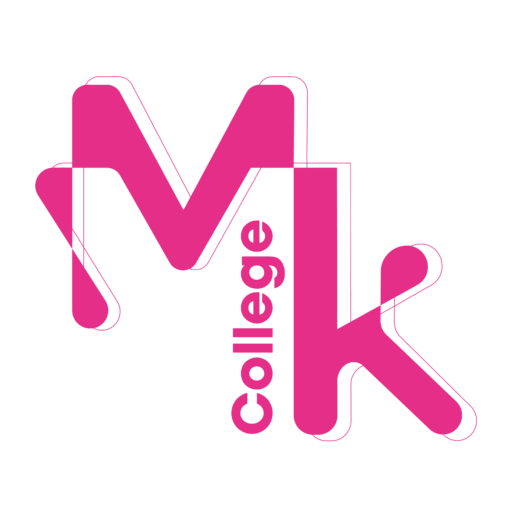What is a T Level anyway?
A T Level course is a technical qualification introduced in England as part of the government’s new post-16 education reforms. It is a two-year program for students aged 16 to 19 and is equivalent to three A levels. T Level courses combine classroom learning with industry placements to provide students with a mix of technical knowledge and practical skills in a specific vocational area, such as engineering, health and social care, digital, or childcare. T Levels aim to provide students with the knowledge and skills required by employers, making them more job-ready or enabling them to progress to higher education or apprenticeships.
Key facts:
- 2-year qualification bringing classroom and work placement together
- Courses designed with employers and businesses
- Broadly equivalent to 3 A Levels and focus on technical and vocational skills
- There are now 18 T Level subjects available with more launching in September 2024.
- T Levels are a mix of learning and on-the-job training
- T levels help students get into skilled employment, university or higher apprenticeships.
- Each T Level includes an industry placement that lasts at least 45 days.
- T Level students spend 80% of the course in their learning environments and 20% doing an industry placement, where they put these skills into action.
To find out more about t levels and their benefits please visit our T Level page.
